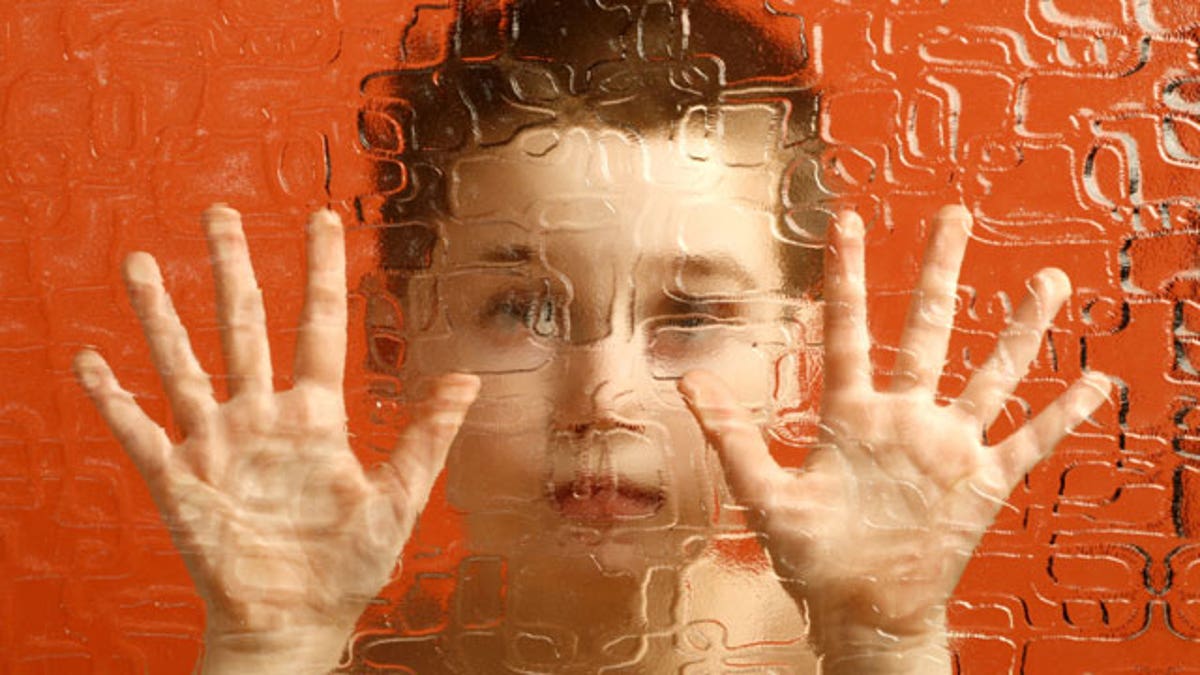
When imitating the behavior of an adult, children with the developmental disorder autism tend to skip "silly," unnecessary actions, while those without autism tend to copy everything they see, silly or not, a new study suggests.
The study involved 31 children with an autism spectrum disorder, and 30 typically developing kids without autism. All the children were asked to watch as an adult showed how to remove a toy (a rubber duck) from a closed Tupperware container. Some of the steps performed were necessary, such as unclipping the lid of the box and taking the lid off, while some were unnecessary, such as tapping the lid twice. The children were then given the container, and asked to get the toy out as fast as they could.
Kids without autism were much more likely to copy the unnecessary steps, even though the children were not specifically instructed to copy everything the adult did. About 43 to 57 percent of kids without autism copied the unnecessary steps, compared with 22 percent of kids with autism.
"The data suggest that children with autism do things efficiently rather than socially, whereas typical children do things socially rather than efficiently," study researcher Antonia Hamilton of the University of Nottingham in England, said in a statement. "Autistic children only do the actions they really need to do."
Typically developing children may copy the unnecessary steps because they have a strong desire to fit in or be like other people, the researchers said, and this social motivation may be reduced in children with autism. Previous studies have suggested that children with autism imitate adult behaviors less frequently than typically developing children. A 2010 study found that kids with autism are less likely to experience contagious yawning (or yawning when you see someone else yawn).
The researchers now want to study more precisely what kinds of actions kids copy, Hamilton said. Kids with autism may be more inclined to copy behaviors when they are dealing with objects they've never seen before (as opposed to familiar objects), because they may be copying actions to learn rather than copying to fit in, the researchers said.
The new study is published on April 8 in the journal Current Biology.
Copyright 2013 MyHealthNewsDaily, a TechMediaNetwork company. All rights reserved. This material may not be published, broadcast, rewritten or redistributed.
